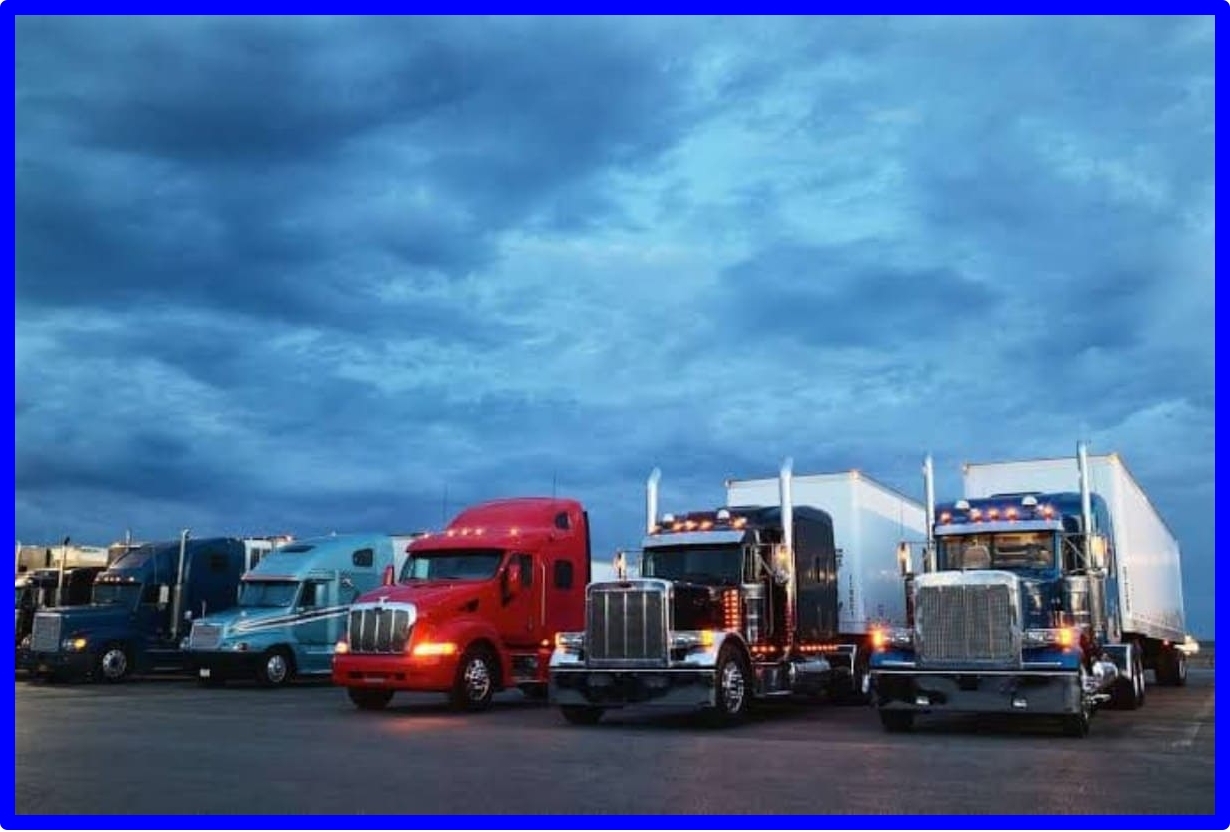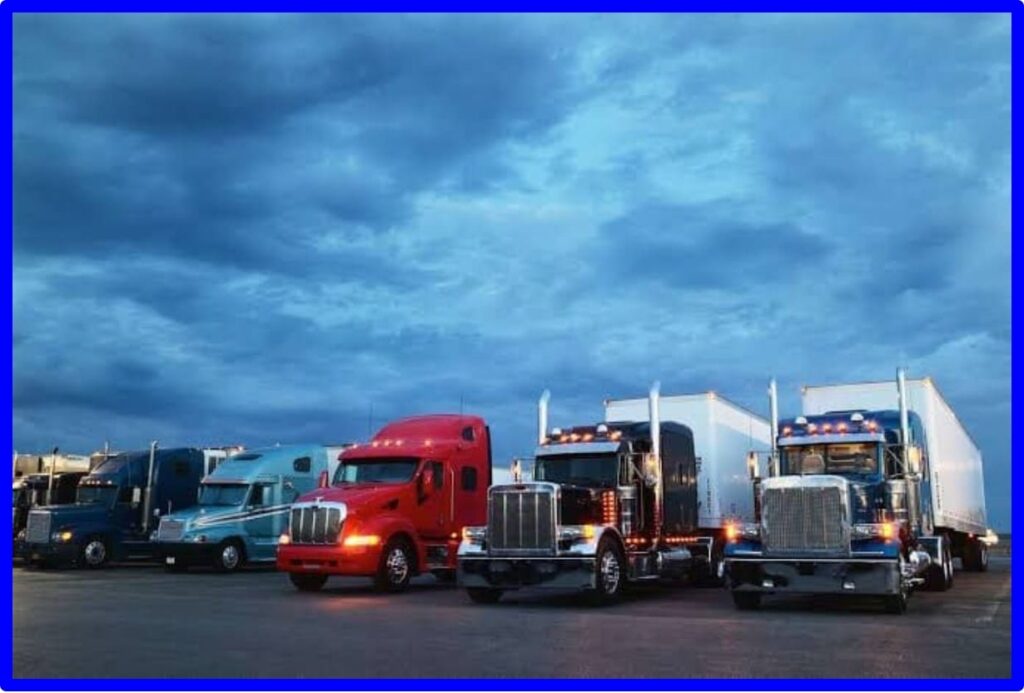 (281) 587-1111
(281) 587-1111  (281) 587-1111
(281) 587-1111 
Experiencing challenges in transporting hazardous materials? The Houston 18-wheeler accident attorney can help.
Transporting Hazmat poses many risks for trucking companies. To mitigate or prevent potential risks, it’s wise to seek advice from a skilled and experienced Houston 18-wheeler accident attorney.
Transporting hazardous materials demands attention to safety to prevent potential risks. That said, trucking companies should implement effective safety measures to mitigate the risks of accidents. Here are ten crucial safety measures to ensure the secure transportation of hazardous materials:
When transporting hazardous materials, the first line of defense is ensuring that the materials are appropriately packaged and labeled. Proper packaging safeguards against leaks or spills, while clear labeling aids in easy identification and handling.
Well-trained and certified drivers are essential for the safe transport of hazardous materials. They should be knowledgeable about their specific materials, familiar with emergency procedures, and equipped to handle unforeseen situations.
Planning the transportation route is critical. Drivers should adhere to established regulations and choose routes that minimize risks, avoiding densely populated areas whenever possible. Compliance with transportation laws is paramount to prevent accidents and legal complications.
Every transport of hazardous materials should include a well-thought-out emergency response plan. Drivers should be trained to respond swiftly and effectively to spills, leaks, or accidents, minimizing environmental impact and public safety.
Vehicles used for transporting hazardous materials must meet stringent safety standards. Regular inspections and maintenance are imperative to ensure that all components, including containers and tankers, are in optimal condition.
Establishing effective communication systems is crucial. Drivers or truckers should have reliable means to communicate with dispatchers, emergency services, and relevant authorities. Prompt communication can be a lifesaver in critical situations.

Utilizing advanced monitoring and tracking systems enhances the ability to monitor the transportation process closely. Real-time tracking allows for immediate response in case of deviations from the planned route or unexpected delays.
Weather conditions can significantly impact the safe transport of hazardous materials. Monitoring weather forecasts and adjusting transportation plans accordingly can help mitigate risks associated with adverse weather, such as storms or extreme temperatures.
Security measures are essential to prevent unauthorized access and potential theft of hazardous materials. Adequate security measures, such as surveillance systems and secure parking facilities, contribute to overall safety.
Continuous training and staying updated on the latest safety regulations are fundamental. The transportation industry evolves, and drivers must be aware of any changes in protocols, technologies, or regulations that may affect their practices.
Rely on a skilled Houston 18-wheeler accident attorney to navigate legal complexities and enhance safety in transporting hazardous materials effectively.
By prioritizing these safety measures, those transporting hazardous materials can significantly reduce the likelihood of accidents and ensure the well-being of the transporters and the communities through which these materials pass.
NEED HELP? HAVE QUESTIONS?